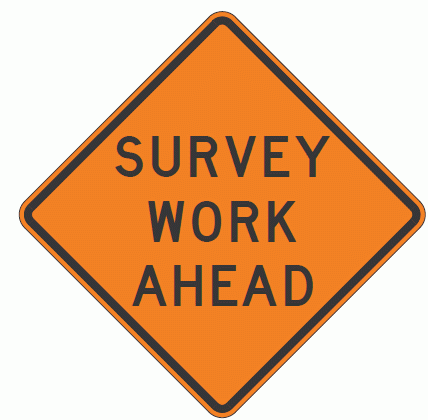
The survey I sent out via email is as follows:
1. On a scale of 0-10 (10 being most important) , how important do you believe teacher and administrator collaboration is and why?
2. On the same scale, how often do you collaborate with other teachers or administrators? Explain.
3. Would you be interested in more collaboration opportunities?
4. Are there any suggestions you have for possible collaboration ideas we could implement in our school?
Question 1: Every single teacher rated collaboration at an importance of 8 or 9. Here's what they said:
"You can succeed on your own, but it's more stressful and difficult."
"Being able to talk to each other, work together, and collaborate, allows for higher sense of community and causes creativity to increase."
"Two heads are better than one- some of my best ideas come when I am talking with colleagues."
Question 2: When asked about how often teachers actually collaborate on a day to day basis, teachers scored themselves between 4 and 6 out of 10. As a student would realize, this is a failing grade. All teachers at my school realize there are limitations to working at a small school including limited opportunities for collaboration. Here's what they said:
"The one big project I did, a research paper with a science teacher, didn't go well because there was not enough crossover teacher time and the students were confused."
"Being a small school means that no one else has the same prep period I do, and I don't get to talk shop with others."
"At our school, most teachers have different planning periods... However, due to small size of our school there are not many teachers within each subject area so it is easy to personally meet with fellow teachers."
"I feel like I am creating a curriculum alone."
Question 3: Yes! Every teacher responded that they would like more opportunities for collaboration.
Question 4: Here are some ideas from the teachers at my school:
- Department, grade-level, and administration-teacher meetings
- Staff development opportunities where teachers of the same content area can receive continuing education together
- Brainstorming sessions (English and science teachers come up with writing ideas for science class)
- Cross-curricular assignments (planned out well in advance to limit confusion)
- Pintrest- share ideas with each other through Pintrest
Obviously, I'm an advocate for using blogs for collaboration. If you're reading this, you know about mine! But here are a few more that I follow for information, ideas, and sometimes just a nice break from my classroom.
- Affective Living- Teaching, Learning, Living
- RtI- Mainland to Hawaii
- Teaching Character to Kids
- Classroom Inequalitiy- Boys vs. Girls
Check out some of the attached websites and ask around for interesting and creative ways to collaborate with your colleagues.
What ideas do you have for collaboration that are fun and/or simple?



